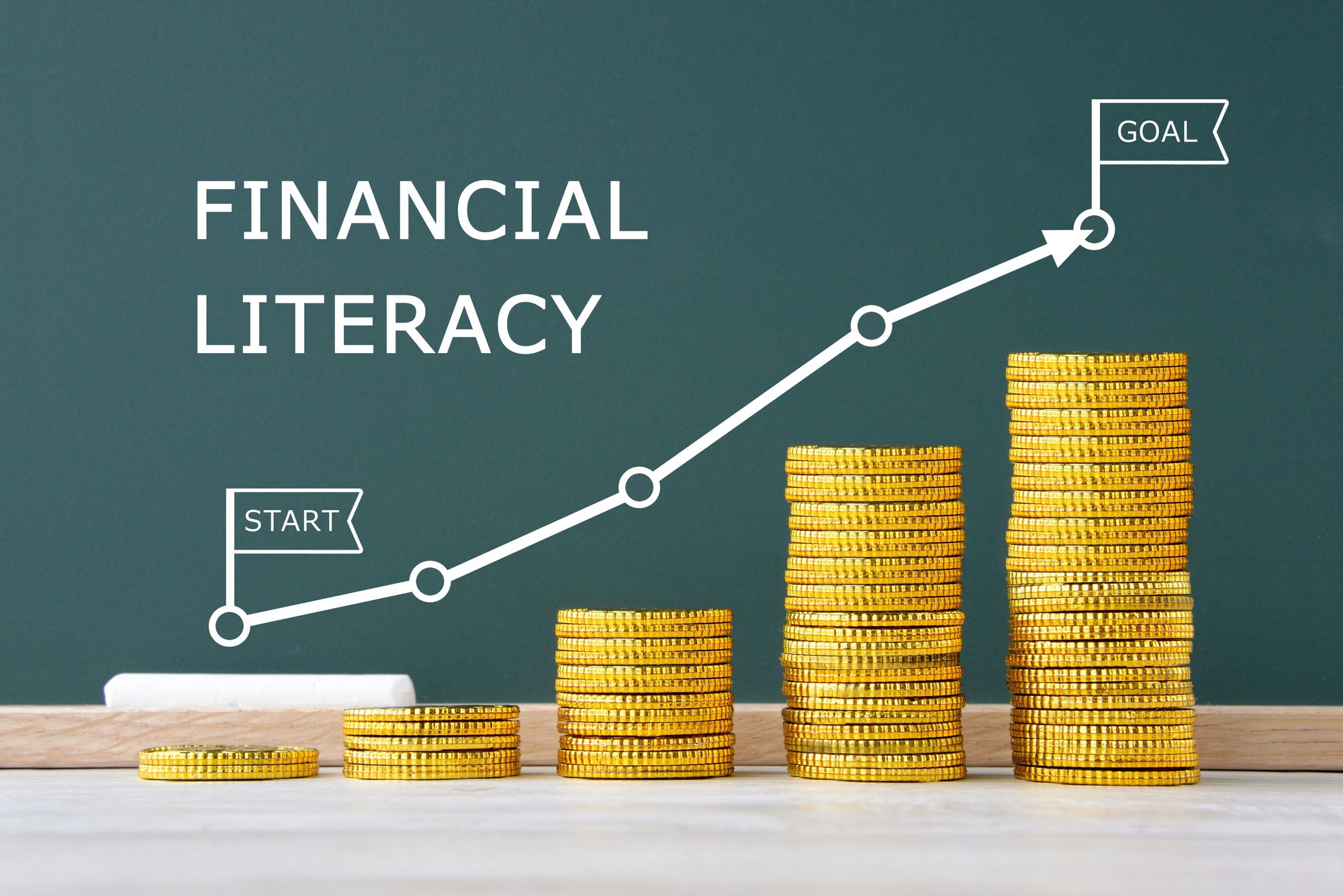
Making Smart Money Decisions: A Guide for Financial Success
In a world of constant economic shifts and financial complexities, making smart money decisions is more crucial than ever. Whether you are just starting your financial journey or looking to refine your financial strategies, understanding how to manage your money wisely can lead to long-term success and stability. Here’s a comprehensive guide to help you make informed and intelligent money decisions.
1. Create a Budget and Stick to It
Budgeting is the cornerstone of smart money management. A well-structured budget helps you track your income and expenses, ensuring that you live within your means and avoid unnecessary debt.
Steps to Create an Effective Budget:
- Track Your Spending: Monitor your daily, weekly, and monthly expenses to identify where your money is going.
- Categorize Expenses: Divide your expenses into categories such as housing, utilities, groceries, transportation, entertainment, and savings.
- Set Limits: Allocate a specific amount for each category and try to stay within these limits.
- Adjust as Needed: Regularly review and adjust your budget to reflect changes in income or expenses.
2. Build an Emergency Fund
An emergency fund is a crucial safety net that can help you navigate unexpected financial challenges, such as medical emergencies, car repairs, or job loss.
Tips for Building an Emergency Fund:
- Start Small: Aim to save at least $1,000 initially, then gradually build up to three to six months’ worth of living expenses.
- Automate Savings: Set up automatic transfers to your emergency fund to ensure consistent contributions.
- Keep It Accessible: Store your emergency fund in a high-yield savings account for easy access when needed.
3. Minimize Debt
Debt can be a significant obstacle to financial freedom. While some debt, like a mortgage or student loan, can be necessary, it’s essential to manage it wisely and avoid high-interest debt whenever possible.
Strategies to Minimize Debt:
- Pay More Than the Minimum: Whenever possible, pay more than the minimum payment on your debts to reduce the principal balance faster.
- Consolidate Debt: Consider consolidating high-interest debts into a single loan with a lower interest rate.
- Avoid Unnecessary Borrowing: Resist the temptation to use credit cards for non-essential purchases.
4. Invest for the Future
Investing is a powerful tool for building wealth over time. By investing wisely, you can grow your money and achieve long-term financial goals such as retirement, buying a home, or funding your children’s education.
Basic Investment Principles:
- Start Early: The sooner you start investing, the more time your money has to grow through compound interest.
- Diversify: Spread your investments across various asset classes (stocks, bonds, real estate) to reduce risk.
- Stay Informed: Keep up with market trends and continually educate yourself about different investment options.
- Consult a Financial Advisor: Professional advice can help tailor an investment strategy to your specific goals and risk tolerance.
5. Plan for Retirement
Retirement may seem far off, but starting to save early can make a significant difference. Contributing regularly to retirement accounts ensures you have a comfortable nest egg when you retire.
Retirement Planning Tips:
- Utilize Employer-Sponsored Plans: Take full advantage of 401(k) or similar plans, especially if your employer offers matching contributions.
- Open an IRA: Consider opening a Traditional or Roth IRA to diversify your retirement savings.
- Increase Contributions Over Time: Gradually increase your retirement contributions as your income grows.
6. Practice Mindful Spending
Mindful spending involves being conscious of your financial decisions and understanding the long-term impact of your purchases.
Ways to Practice Mindful Spending:
- Differentiate Needs from Wants: Prioritize essential expenses over discretionary spending.
- Delay Gratification: Implement a cooling-off period before making significant purchases to ensure they are necessary.
- Compare Prices: Shop around and compare prices to get the best deals on goods and services.
7. Enhance Your Financial Literacy
Knowledge is power, especially when it comes to managing your finances. Improving your financial literacy can help you make informed decisions and avoid common pitfalls.
Resources for Improving Financial Literacy:
- Books and Online Courses: Read books and take courses on personal finance topics such as budgeting, investing, and retirement planning.
- Financial News and Blogs: Stay updated with financial news and follow reputable personal finance blogs.
- Financial Workshops and Seminars: Attend workshops and seminars to learn from experts and network with like-minded individuals.
8. Set Financial Goals
Having clear financial goals provides direction and motivation for your money management efforts. Whether short-term or long-term, financial goals help you stay focused and measure your progress.
Setting Effective Financial Goals:
- Be Specific: Clearly define what you want to achieve and set a timeline.
- Make Them Measurable: Ensure your goals are quantifiable so you can track your progress.
- Break Them Down: Divide larger goals into smaller, manageable steps.
- Review and Adjust: Regularly review your goals and adjust them as necessary based on your financial situation.
9. Protect Your Assets
Insurance is a critical component of financial planning. It protects you from significant financial loss due to unforeseen events such as accidents, illness, or natural disasters.
Key Types of Insurance:
- Health Insurance: Covers medical expenses and protects against high healthcare costs.
- Auto Insurance: Protects against financial loss from car accidents or theft.
- Homeowners/Renters Insurance: Covers damage to your home or personal property.
- Life Insurance: Provides financial support to your dependents in case of your untimely death.
Making smart money decisions involves a combination of careful planning, disciplined spending, and continuous learning. By creating a budget, building an emergency fund, minimizing debt, investing for the future, and enhancing your financial literacy, you can achieve financial stability and long-term success. Remember, financial well-being is a journey that requires ongoing effort and adjustment, but the rewards of financial security and peace of mind are well worth it.










